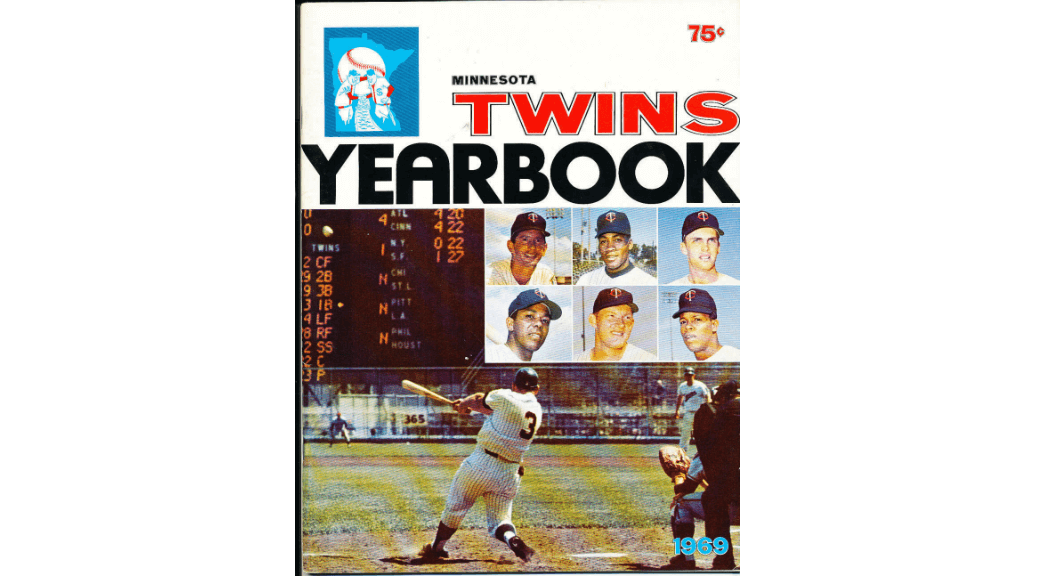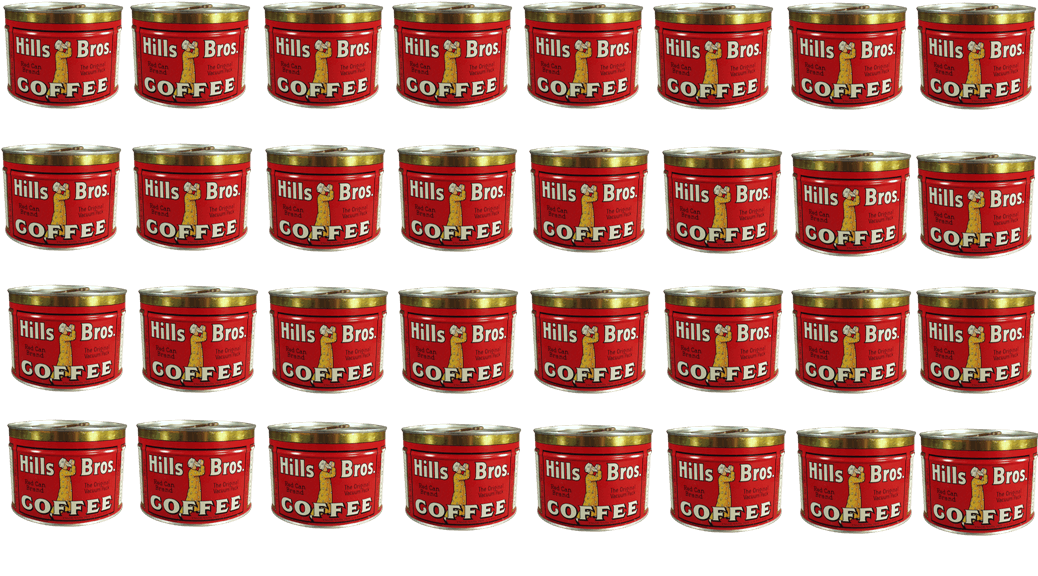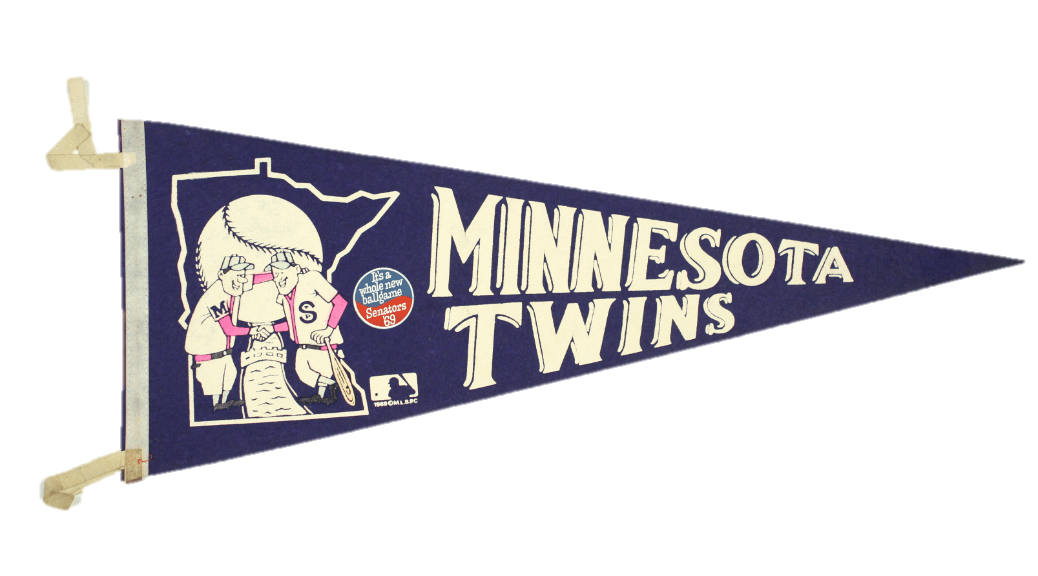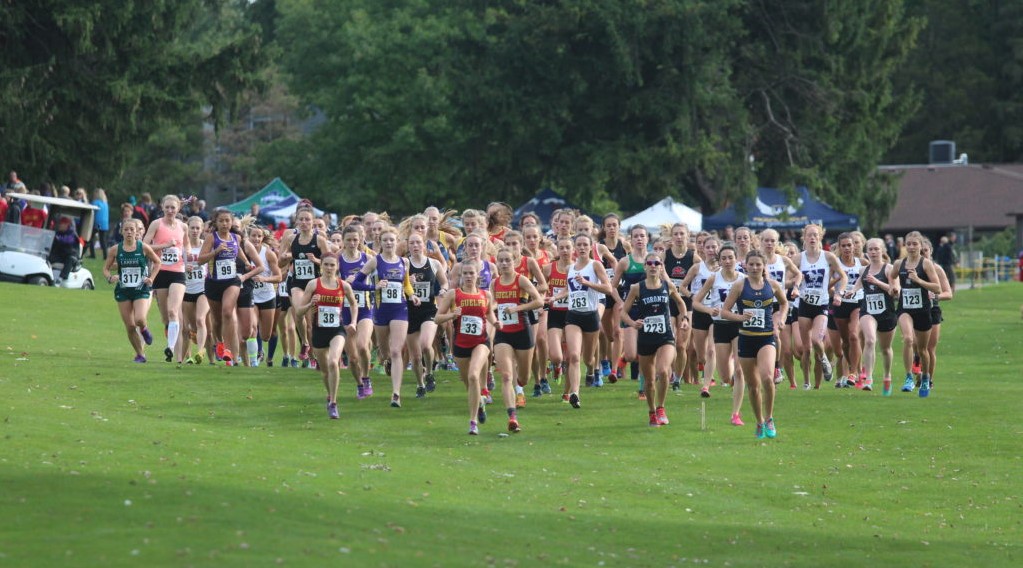BALTIMORE 2, MINNESOTA 0 IN BALTIMORE
Date: Sunday, August 10.
Batting stars: None. The Twins had just one hit.
Pitching stars: Jim Perry pitched seven innings, giving up two runs on four hits and a walk and striking out four. Dick Woodson pitched a perfect inning.
Opposition stars: Mike Cuellar pitched a complete game shutout, giving up one hit and three walks and striking out eight. Elrod Hendricks was 3-for-3 with a home run, his eighth. Boog Powell was 1-for-3 with a home run, his thirty-first.
The game: Powell hit a one-out home run in the fourth to put the Orioles up 1-0. Hendricks hit a two-out homer in the seventh to make it 2-0. And that was pretty much it.
The Orioles never got a man past first base other than on the home runs. The Twins only once got a man past first--that came in the fourth, when Harmon Killebrew drew a one-out walk and Bob Allison drew a two-out walk. The Twins lone hit was a Cesar Tovar single leading off the ninth.
WP: Cuellar (15-9). LP: Perry (13-5). S: None.
Notes: Ted Uhlaender was again in center field, with Tovar at second base. Allison was in left field. Tom Tischinski was the catcher, with Johnny Roseboro on the bench.
Rich Reese was 0-for-4 and was batting .330. Tony Oliva was 0-for-4 and was batting .329. Perry's ERA was now 2.87.
The Twins used a pinch-hitter for Tischinski in the eighth inning. Nothing unusual about that--he wasn't much of a batter--but knowing that he was going to use Roseboro at catcher in the bottom of the eighth, Billy Martin chose to pinch-hit with Frank Quilici instead. Looking at the overall numbers, Roseboro was clearly a superior batter. Against left-handers, however, both were pretty worthless. Quilici batted .146/.210/.198 against left-handers in 1969. Roseboro, however, was .167/.219/.167. Nobody was hitting Cuellar this day, so perhaps it wouldn't have mattered who the pinch-hitter was anyway.
Mike Cuellar took a long time to get started, but he sure made the most of it when his time came. He made two appearances with Cincinnati in 1959 at age twenty-two. He did not get back to the majors until 1964 with St. Louis, when he was twenty-seven. He was in AAA most of that time, and while he was doing okay there he was not blowing people away. When he got to the Cardinals in 1964 he was nothing special, either--5-5, 4.50 in 72 innings. They traded him to Houston in 1965, and that's where he established himself as a good pitcher. His best season as an Astro was 1966, when he posted an ERA of 2.22 and a WHIP of 1.08. His won-lost record, however, was only 12-10, so he didn't make the all-star team until 1967, when he went 16-11. He was 8-11 in 1968, although with an ERA of 2.74 and a WHIP of 1.15. Houston then traded him to Baltimore for Curt Blefary. Maybe, at age thirty-two, the Astros thought he was headed into decline, but it sure didn't work out that way. He won at least eighteen games a year over the next six seasons (winning twenty in four of them). He went 125-63, 2.99 from 1969-1974, winning the Cy Young Award in 1969. He started to decline in 1975, at age thirty-eight, but he still went 14-12, 3.66. That was his last good year, though. He stumbled through 1976 with the Orioles and made two appearances with the Angels in 1977, then was done. His career totals were 185-130, 3.14, 1.20 WHIP in 2808 innings. He appeared in 459 games, 379 starts. He won't make the Hall of Fame because he got started too late, but for six years he was as good as anyone in the game.
Record: The Twins were 68-46, in first place in the American League West, 1.5 games ahead of Oakland. They had lost four games in a row and five of their last six.










